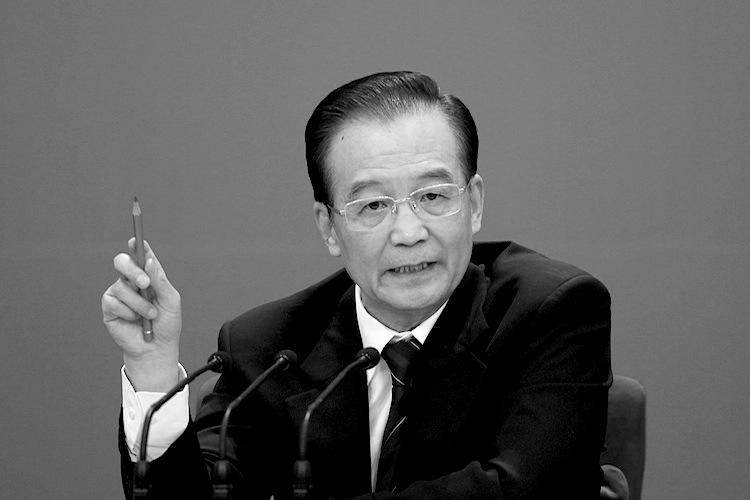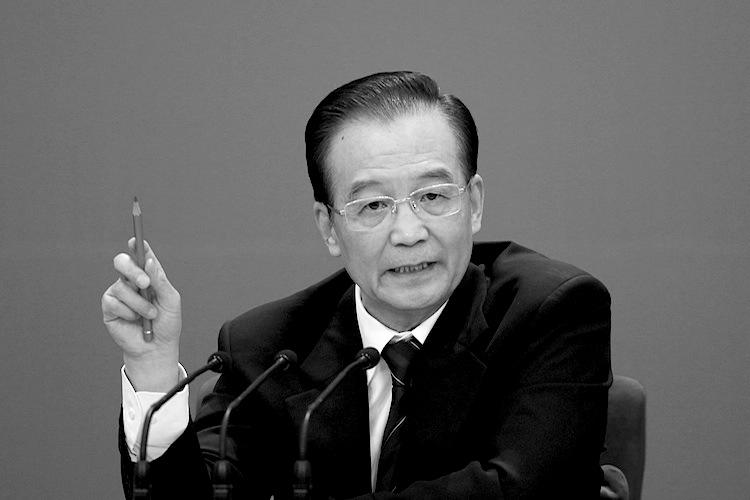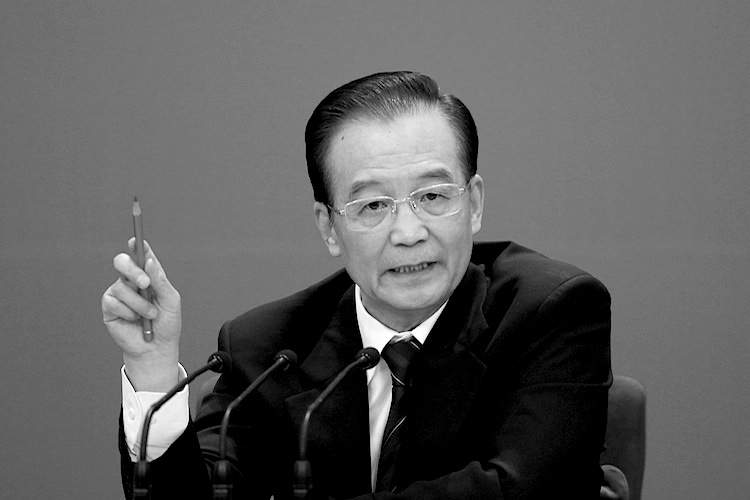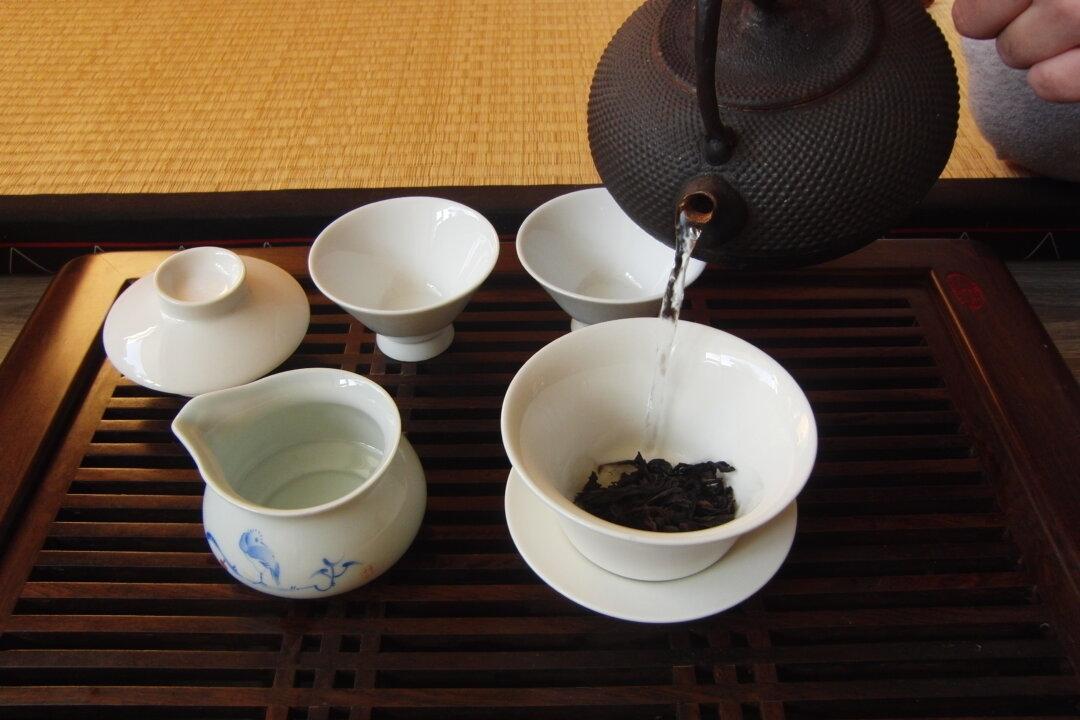Controversy continues to simmer around last week’s lengthy New York Times exposé of the US$2.7 billion fortune that Chinese Premier Wen Jiabao’s family is said to have amassed. Critics have said the story was planted by Wen Jiabao’s political foes, while the New York Times has defended the integrity of the story.
In an Oct. 29 blog post, the Times reporter, David Barboza, addressed head-on the claim that the story might have been given to him:
“I have read the speculation that some ‘insider’ gave me information, or that some enemies of the prime minister dropped off a huge box of documents at my office,” Barboza wrote. “That never happened. Not only were there no leaked documents, I never in the course of reporting met anyone who offered or hinted that they had documents related to the family holdings. This was a paper trail of publicly available documents that I followed with my own reporting.”
On Oct. 30, the Chinese website of the German broadcaster Deutsche Welle claimed Barboza would have had difficulty getting information about who the members of Wen’s family are, information needed in order to track the family members’ appearance in corporate documents:
“The head of a Chinese media outlet that reports on business, who used to be an experienced investigative reporter, told Deutsche Welle Chinese that information about family members for common Chinese can be found by checking the household register information.
“However, this household register system maintains strict confidentiality for information for Chinese Communist Party officials with rank above the provincial level. It is very difficult to obtain the names of the family members for a person who is a member of Politburo Standing Committee. Therefore, The New York Times should have gotten some kind of assistance, which could even be a systematic set of materials.”
New Tang Dynasty (NTD) Television’s political commentator Wen Zhao commenting on The New York Times story said, “I don’t think this is something a private investigation or media outlet is capable of doing in China. No doubt about it, this kind of thorough investigation can only be conducted by people who control the secret police or secret agents in China.”
Isolating Bo Xilai
Professor Jason Zunsheng Yin, of Seton Hall’s Stillman School of Business, was quoted by Radio Free Asia as saying that The New York Times article could be understood as in cooperation with the forces in China that oppose reform. Wen Jiabao is generally considered the Chinese Communist Party (CCP) leader who has been most outspoken for economic and political reform in China.
Jason Ma, another commentator for NTD, noted that Wen Jiabao has said that the upcoming criminal case against disgraced Party heavyweight Bo Xilai is the best opportunity to solve the Falun Gong issue.
The faction of former CCP head Jiang Zemin, of which Bo Xilai was a key member, is responsible for the persecution of the spiritual practice of Falun Gong. The Epoch Times has previously reported how Jiang’s faction has engaged in a relentless struggle to regain control of the CCP because its members do not want to be held accountable for the crimes committed in carrying out that persecution. The most severe of those crimes is the atrocity of forced, live organ harvesting.
According to Ma, domestic security czar Zhou Yongkang and other members of the faction of former CCP head Jiang Zemin want to damage Wen Jiabao’s reputation in order to gain leverage over the arrangements for Bo Xilai’s upcoming trial.
Jiang’s faction wants Bo’s trial to be treated as an isolated case, so that it cannot be used to prove the involvement of the members of Jiang’s faction in crimes relating to the persecution, including organ harvesting, according to Ma.
NTD commentator Wen Zhao also thinks The New York Times story is related to Bo Xilai’s case.
“Perhaps Wen Jiabao wanted to dig deeper into Bo’s case,” Wen Zhao said, “and Bo’s allies in the Politburo Standing Committee therefore felt very deeply threatened.”
Wen Zhao identified domestic security czar Zhou Yongkang as being the one most likely to want to damage Wen Jiabao.
Gao Xin, a U.S.-based freelance writer who wrote the book, The Biography of Wen Jiabao, told Radio France Internationale that the material on Wen was probably given to the paper by Maoists and supporters of Bo Xilai who “hate him [Wen] bitterly.”
“But I don’t think The New York Times has any ulterior motive,” Gao said. “After all, from a news media’s perspective, of course it is good to have explosive materials.”
Barboza in his blog post claims that as someone who writes on business he lacks knowledge about how his story on the Wen family’s wealth might play into Chinese politics. Barboza has written on Bo Xilai at least twice in the last six months. Late in the day on Oct. 30, Barboza was emailed asking for comment. He has not yet replied.
On Oct. 27, lawyers hired by Wen Jiabao faxed a statement to the South China Morning Post that said, in part, “The alleged hidden riches of Wen Jiabao’s relatives that The New York Times reported do not exist.”
The statement added that the Wen family may hold The New York Times legally responsible for its report.
As of Oct. 30, the lawyers had not decided what legal steps, if any, might be taken, according to the Hong Kong paper Ming Pao.
A Beijing lawyer, Liu Xiaoyuan, told Ming Pao that Wen’s family is very unlikely to pursue legal action against The New York Times.
Legal proceedings would merely draw more attention to the case in China, as well as abroad, Liu said. A lawsuit, regardless of the outcome, might bring more harm than good to Wen, his family, and even the faction supporting political reform.
Editor’s Note: When Chongqing’s former top cop, Wang Lijun, fled for his life to the U.S. Consulate in Chengdu on Feb. 6, he set in motion a political storm that has not subsided. The battle behind the scenes turns on what stance officials take toward the persecution of Falun Gong. The faction with bloody hands—the officials former CCP head Jiang Zemin promoted in order to carry out the persecution—is seeking to avoid accountability for their crimes and to continue the campaign. Other officials are refusing to participate in the persecution any longer. Events present a clear choice to the officials and citizens of China, as well as people around the world: either support or oppose the persecution of Falun Gong. History will record the choice each person makes.
The Epoch Times publishes in 35 countries and in 19 languages. Subscribe to our e-newsletter.
Click www.ept.ms/ccp-crisis to read about the most recent developments in the ongoing crisis within the Chinese communist regime. In this special topic, we provide readers with the necessary context to understand the situation. Get the RSS feed. Who are the Major Players?





